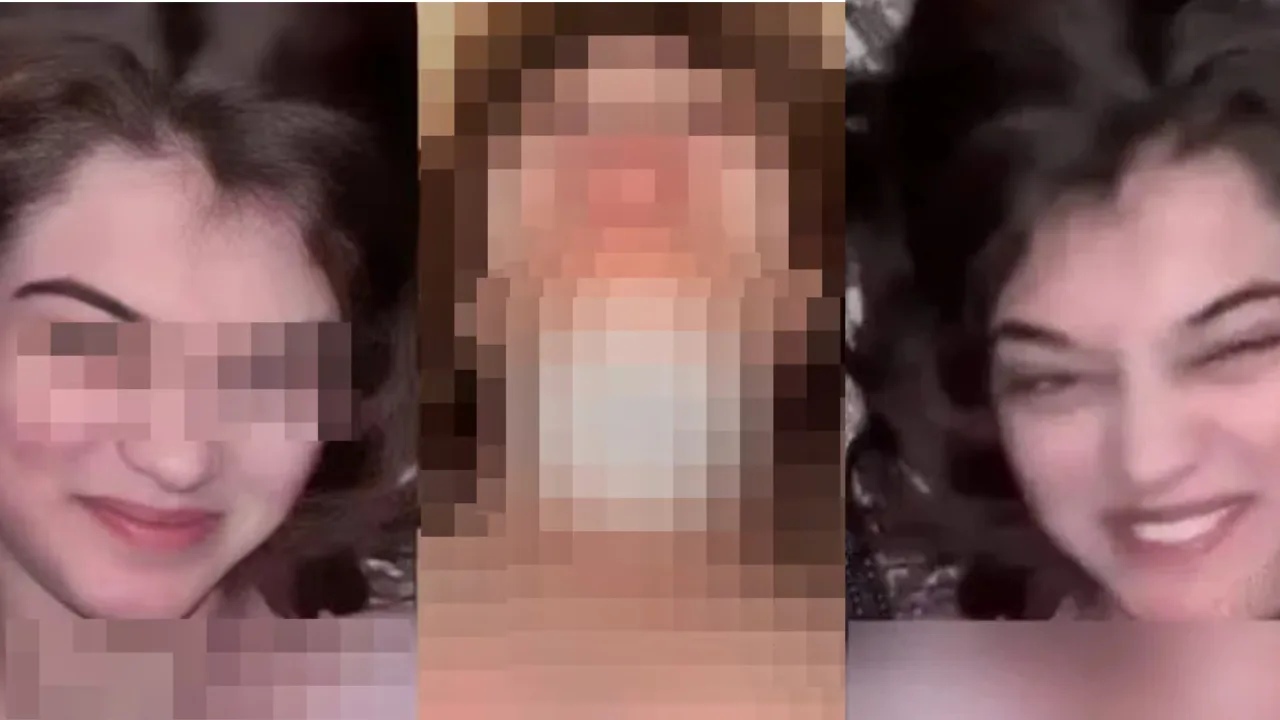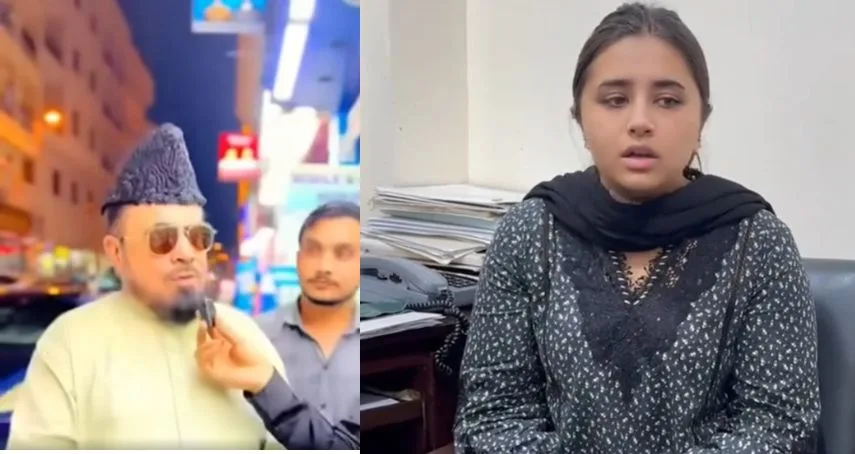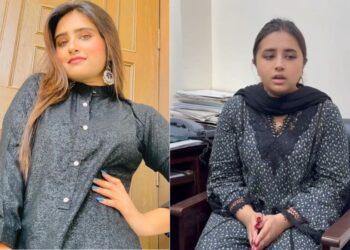A controversial video featuring TikToker and Instagram influencer Imsha Rehman has surfaced online, leading to widespread criticism and trolling. The explicit content, which allegedly shows Imsha in compromising situations, quickly went viral on platforms like WhatsApp and Telegram. In response to the backlash, Imsha deactivated her social media accounts.

The incident has reignited debates about privacy and the lengths to which influencers might go to gain attention. Critics argue that some influencers may intentionally leak their own videos to boost their visibility and follower count.

The government is being urged to take action against such practices. Many believe there should be strict punishments for influencers who engage in these tactics, as they not only violate privacy norms but also set a negative example for their followers.
The controversy surrounding Imsha Rehman highlights the ongoing challenges of maintaining privacy and ethical standards in the digital age. As the debate continues, there is a growing call for more robust regulations to protect individuals’ privacy and hold those who exploit it accountable.
Last month, Tiktoker Minahil Malik Responds to Viral Leaked Videos, Famous Pakistani Tiktoker personality Minahil Malik has addressed the recent controversy surrounding a leaked videos that has been circulating online.
According to Minahil Malik, the some leaked videos are entirely fabricated, created using AI editing techniques. She expressed her frustration over the situation, stating, “The video circulating on social media is a fake AI-edited video. Someone uploaded this fake video online.”
Although, it was a total lie and the video was not AI Generated according to AI experts the video was recorded via smartphone and purposely leaked to gain the traction on which Mufti Qawi said she should admit that I’ve made a mistake shouldn’t deny it.
Read More: Mufti Abdul Qawi Responds to Minahil Malik’s Leaked Video



















